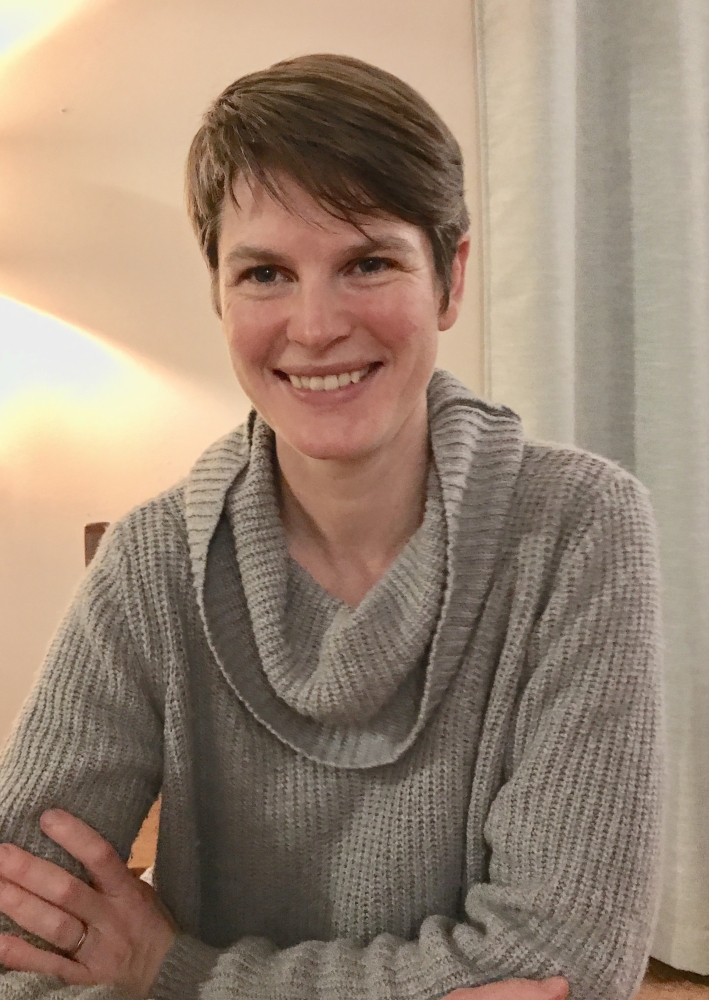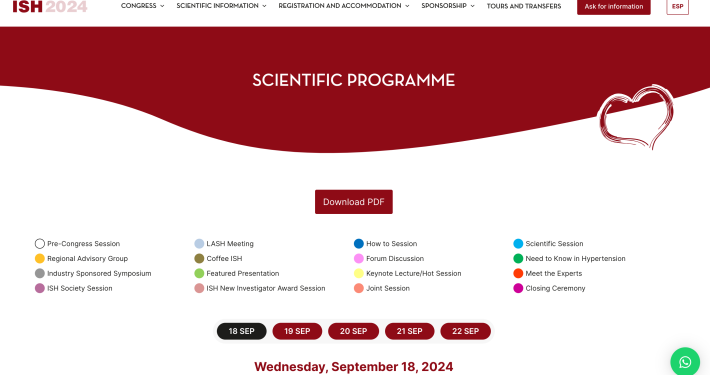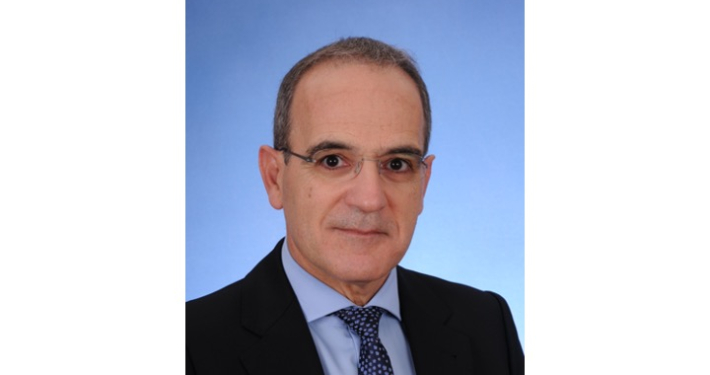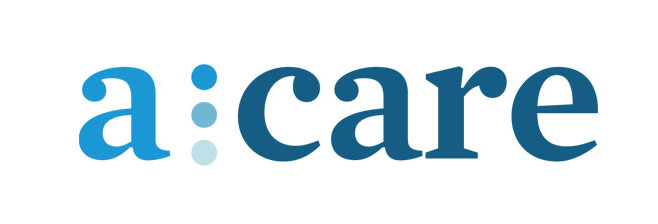Interview with Erika Jones – July 2023

In an interview feature, we catch up with Erika Jones, nephrology and hypertension specialist based in South Africa. Erika plays a number of important roles for the ISH. She is key to our e-bulletin being produced every month, has been a long-standing member of the Communications Committee, and is currently working on an educational platform being developed by the ISH.
We spoke to Erika about this educational platform, as well as her current work in South Africa, and the impact of a large trial she was part of – called CREOLE – which has helped improve hypertension control in Africa.
What are you working on at the moment?
Your work on the CREOLE trial made a big contribution to improving hypertension care in Africa. Can you tell us more about this trial in terms of its results and impact?
CREOLE was an all African trial that studied the combination of two antihypertensives to determine which combination achieves the best blood pressure control in people of African Ancestry currently living in Africa. This study is unique in that it was based in Africa and the evidence is for people of African origins. Many trials have been performed in people of European origins and data have been extrapolated to people of African origins. From CREOLE we understand the combination of a diuretic and a calcium channel blocker provides good blood pressure control within a two month period with a low side effect profile. We do need to be aware that it can cause hypokalaemia and so potassium levels need to be monitored.
CREOLE has influenced guidelines for people of African origins. It has also led to the need to understand the underlying pathophysiology resulting in this difference in response to antihypertensives. A wider reaching benefit of this trial is that it has led to the need to understand response to treatment options in different population groups and similar trial are already under way.
You are currently leading a project which is in its early stages to develop an ISH Academy – can you tell us a bit about this?
ISH Academy is the brain-child of Professor Bryan Williams, our current president. We are developing an educational platform that will be available for clinicians and scientists to understand and remain up to date in all aspects of hypertension. We hope to have a wide reach and develop this platform into many languages. ISH Academy will represent ISH in totality, including geographic and demographic representation. The training will be accredited with CME points.















Leave a Reply
Want to join the discussion?Feel free to contribute!